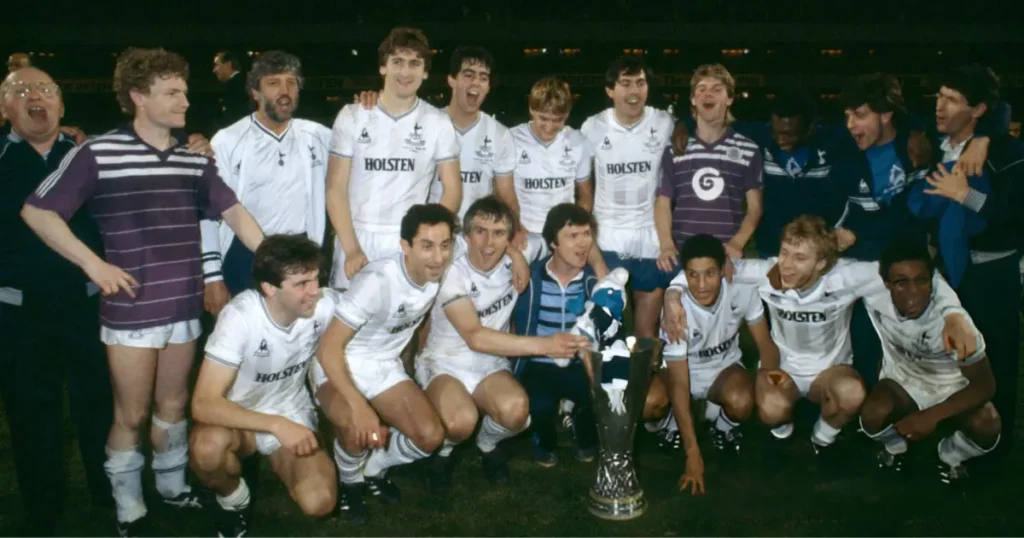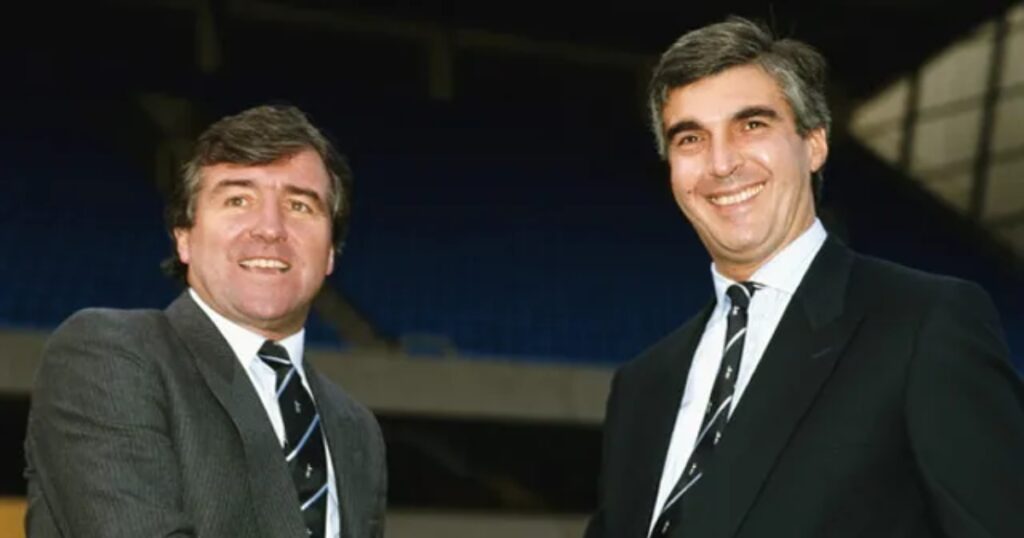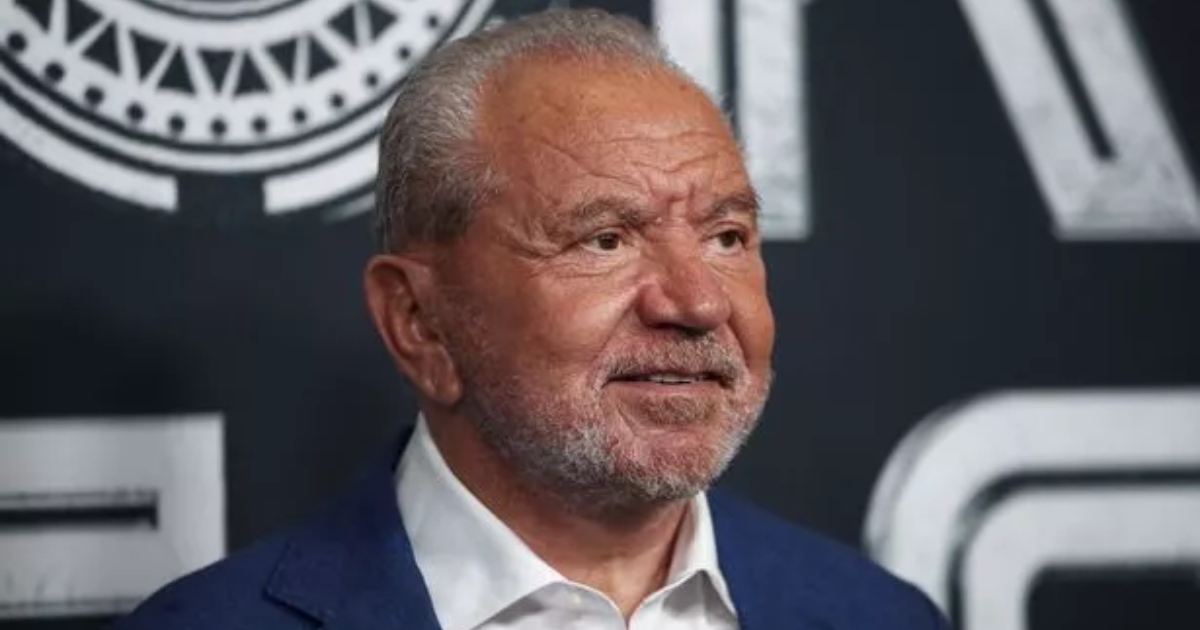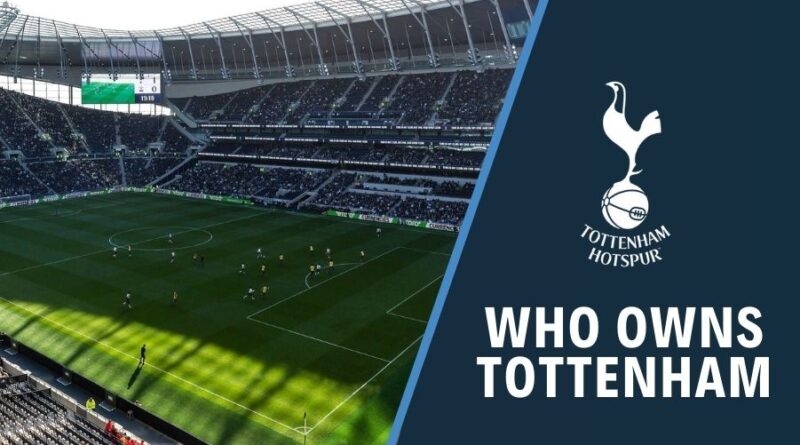Who Owns Tottennham Hotspur? Know All About Joe Lewis and the ENIC Group
Tottenham Hotspur is one of the famous and richest football clubs in England, known for its rich history, passionate fanbase, and growing global presence. While the team continues to compete at the highest levels of English and European football, many fans often ask, “who owns Tottenham Hotspur?” or “who owns Spurs?” The answer lies with ENIC Group, a British investment company that has been at the helm of the club’s ownership for more than two decades. Understanding the structure behind the Spurs owners helps explain the strategic decisions that have shaped the club’s rise in recent years. Tottenham Hotspurs have enjoyed the services of some superstars in recent years, including Heung ming-Son, and Cuti Romero.
At the center of Tottenham’s ownership is Joe Lewis, a reclusive billionaire whose family trust controls ENIC Group. Though Lewis keeps a low public profile, his influence is significant, making him the true Tottenham owner. Alongside him is Daniel Levy, who serves as the club’s long-standing chairman and is often referred to as the Spurs owner due to his prominent role in club operations. Together, Lewis and Levy have overseen massive developments including the building of the new Tottenham Hotspur Stadium and the club’s global commercial expansion, marking a new era for North London’s iconic football institution.
Brief history of Tottenham Hotspur
Tottenham Hotspurs is one of the oldest English clubs as their history dates back to the late 1880s, when a group of schoolboys from ‘Hotspur Cricket Club’ formed the club Tottenham Hotspurs Football Club in London. Decade, later, the club adopted professionalism in 1995 taking their first significant step in English football and played their matches at White Hart Lane stadium from 1889 to 2017. In 1901, they were crowned the FA Cup champions securing this feat as a non-league club. So, we begin to attempt answering this simple question: Who owns Tottenham

After suffering multiple relegations since 1911, Spurs eventually won the promotion to Division One in 1951 and went on to become the English Champions twice, During that timeframe, they created history by becoming the first-ever British club to clinch a European triumph following their UEFA Cup (UEFA Europa League) title in 1971/72 season and again won the competition in 1983/84 season.
The London side enjoyed numerous successes in domestic competitions adding an incredible, eight FA Cups, four Leagues Cup (EFL) and seven Community Shield trophies. In their most recent achievements, the Lily Whites finished as the Premier League runners-up in the 2016/17 campaign and progressed to the UEFA Champions League final in 2018/19 both times the manager was Mauricio Pochettinho.
Also Read: Who Owns Liverpool FC? A Look at the Club’s Ownership Journey
Since, the club is based in North London and shares historic rivalries with its fellow clubs from the English capitals, such as Arsenal, Chelsea, Crystal Palace, and Fulham in English football. Over the years, Tottenham have been home to some of the Greatest players such as Gareth Bale, Luka Modric, Harry Kane, Glenn Hoddle, Jürgen Klinsmann, and Teddy Sheringham have worn the white jersey to play for the club English outfit. So, who owns Tottenham Hotspur? This is a question we will now be answering.
List of Tottenham’s major Silverware and titles:
| Title | Year |
| Division One (English Football League) x 2 | 1951, 1961 |
| UEFA Cup (Europa League) x 2 | 1972, 1984 |
| English FA Cup x 8 | 1901,1921,1961,1962, 1967,1981,1982, 1991 |
| English League Cup x 4 | 1908,1971, 1973, 1999 |
| Community Shield x 7 | 1922,1952, 1962, 1963, 1968, 1982, 1992 |
| Division Two (Second tier) x 2 | 1920, 1950 |
Also Read: Who is the Arsenal owner? A Detailed Timeline of the Arsenal Ownership History
All Spurs Owners List
Tottenham have witnessed various ownership transitions over the years, during the early years of its foundation as a football institution John Oliver was the chairman and one of the founders till 1998. From the early 1900s to the next fifty years Charles Roberts and Arthur Richardson were at the helm foreseeing the team till 1982. In 1982, the club made a significant step in welcoming the British property developer Irving Scholar, who bought decisive shares of the club and led to numerous on-pitch successes including the UEFA Cup victory and multiple domestic silverware. Hence, Scholar was the first Tottenham Owner. But who owns Tottenham Hotspur now?
After Scholar’s departure, a prominent figure and businessman acquired the majority stakes in the club, however, under his ownership regime Spurs endured financial instability and their performance on the field was hugely impacted by the management’s bold decisions. His tenure felt the heat of criticism and eventually sold his entire stake to ENIC Group in 2001 but was involved in the club’s administration till 2003. In 2001, Joe Lewis led Consterium ENIC to take over the entire ownership to become their new Tottenham owner. There have been many Spurs owners who have pushed the team to new heights in the past.
All owner/group names
| Owners | Period |
| John Oliver | 1882-1898 |
| Charles Roberts | 1898-1943 |
| Arthur Richardson | 1943-1951 |
| Irving Scholar | 1982-1991 |
| Alan Sugar | 1991-2001 |
| ENIC Group | 2001-present |
John Oliver
John Oliver was one of the founding figures behind the formation of Tottenham Hotspur in 1882. At the time, the club was a local amateur side founded by schoolboys from the Tottenham area, and Oliver played a pivotal role in helping the club organize its early structure and fixtures. As an early administrator and de facto owner, Oliver oversaw the foundational years when Spurs were known as Hotspur FC, before the name changed to Tottenham Hotspur in 1884 to avoid confusion with another London club.
During his tenure, Oliver focused on stabilizing the club’s presence in the North London football scene. Though financial limitations kept the club from turning fully professional until after his time, his contributions ensured a lasting foundation. His leadership helped move the club from a recreational team to one that competed in organized leagues, laying the groundwork for future professionalization.
Charles Roberts
Charles Roberts is often credited with transforming Tottenham Hotspur into a professional and nationally recognized football club. Taking over as chairman in 1898, Roberts guided the club during a period of major change, including the move to White Hart Lane in 1899, which would become the club’s iconic home for more than a century. Under his stewardship, Spurs won their first major trophy—the FA Cup in 1901—becoming the only non-League team ever to do so since the formation of the Football League.
Roberts was also known for his strong financial management and ambitious vision. He played a crucial role in Tottenham joining the Football League in 1908 and later ascending to the First Division. His leadership spanned two World Wars, during which the club maintained stability, and he remained a key figure in North London football until his death in 1943.
Arthur Richardson
Arthur Richardson assumed the role of chairman during the tail end of World War II and helped steer the club through the difficult post-war period. During his leadership, Spurs focused on rebuilding both financially and structurally, as English football resumed full competitive action. One of his most important decisions was the appointment of Arthur Rowe as manager in 1949—a choice that would prove revolutionary for the club.
Under Richardson’s oversight, the club began adopting a more progressive footballing philosophy, culminating in their Second Division title in 1950. The “push and run” style under Rowe was a reflection of the modern outlook that Richardson encouraged behind the scenes. Though his tenure was relatively short, it set the tone for the club’s success in the 1950s and beyond.
Irving Scholar

Irving Scholar took control of Tottenham Hotspur during a period of financial instability in the early 1980s. His tenure marked a shift toward commercial expansion in football, as he explored new ways to generate revenue through merchandising and media rights—ideas that were relatively novel at the time. Scholar’s leadership came with bold moves, including listing Tottenham Hotspur on the London Stock Exchange in 1983, making them the first British club to do so.
However, while Scholar modernized aspects of the club’s operations, his heavy investments and mounting debts eventually led to instability. Despite notable moments, such as the 1984 UEFA Cup triumph, his financial strategies backfired, and the club faced increasing pressure. Scholar was eventually forced to sell his shares, paving the way for a new era under Alan Sugar.
Alan Sugar

Business tycoon Alan Sugar bought Spurs in 1991 amid financial disarray left by the Scholar era. Sugar brought financial discipline to the club and worked to stabilize its books. Known for his no-nonsense style, Sugar was less interested in footballing romance and more focused on turning the club into a financially viable operation. He partnered with then-manager Terry Venables early in his reign, but their relationship soured and culminated in a famous court case.
During his time, Spurs won the League Cup in 1999, but the club often found itself mid-table, and Sugar faced criticism for not investing heavily in the squad. By the end of his reign, he was disillusioned with the football business and decided to sell his shares to ENIC Group, a move that ended his decade-long stewardship.
ENIC Group

ENIC International Ltd, headed by Joe Lewis and with Daniel Levy as chairman, took control of Tottenham Hotspur in 2001. This era has seen the club transformed both on and off the pitch. ENIC’s tenure began with a focus on stabilizing the club financially while slowly building toward sporting success. Under Levy’s leadership, Spurs have consistently challenged for top-four finishes and made it to the UEFA Champions League final in 2019.
ENIC also oversaw the massive redevelopment of White Hart Lane, replacing it with the state-of-the-art Tottenham Hotspur Stadium in 2019. The group has emphasized a sustainable model: strong youth development, smart recruitment, and commercial growth. Though trophies have been scarce, the club’s stature has grown immensely, and ENIC remains a central player in shaping its modern identity.
Tottenham Hotspurs Appoints New Chief Executive Officer
Tottenham Hotspur announced on April 11, 2025, that Vinai Venkatesham would join the club as Chief Executive Officer in the summer. Venkatesham previously served as the CEO of Arsenal Football Club and brought with him years of experience in both sporting and commercial operations. He had also played a key role in organizing the London 2012 Olympic and Paralympic Games and served as a non-executive director of the British Olympic Association. Additionally, he had been part of the Board and Executive Committee of the European Club Association. Executive Chairman Daniel Levy expressed his delight at the appointment, stating that he had known Venkatesham for years and believed his expertise would help the club continue its growth.
Venkatesham shared that he took some time off to recharge before deciding to join Tottenham. He said he looked forward to working with Daniel Levy, the Board, and the staff to help move the club forward. His appointment came at a time when Tottenham had been expanding its operations and seeking stronger leadership at the executive level. The move also drew attention because of his ties to Arsenal, Tottenham’s North London rivals, adding extra intrigue ahead of future clashes between the two clubs.
Also Read: Who is the Arsenal owner? A Detailed Timeline of Arsenal Ownership History
FAQs
Q. Who owns Tottenham Hotspur?
A. Tottenham Hotspur is owned by ENIC Group, a British investment company. ENIC holds 86.58% of the club’s shares and is primarily controlled by the family trust of Joe Lewis. Daniel Levy, who has been the club’s chairman since 2001, owns approximately 29.88% of ENIC’s shares and plays a significant role in the club’s operations.
Q. Does Alan Sugar still own Tottenham?
Q. How much is Spurs worth?
Q. Is Tottenham richer than Arsenal?
A. In terms of club valuation, Tottenham is currently valued higher than Arsenal. Forbes’ 2024 rankings place Spurs at $3.2 billion, while Arsenal is valued at $2.6 billion. However, Arsenal has recently surpassed Tottenham in revenue, generating €716.5 million compared to Spurs’ €615 million, according to the Deloitte Money League.
Q. How rich is Daniel Levy?
A. Daniel Levy’s exact net worth isn’t publicly disclosed. However, as chairman of Tottenham Hotspur and a significant shareholder in ENIC Group, he has substantial financial interests. In the 2016–17 season, he was reported to be the highest-paid Premier League executive, earning over £6 million annually.
